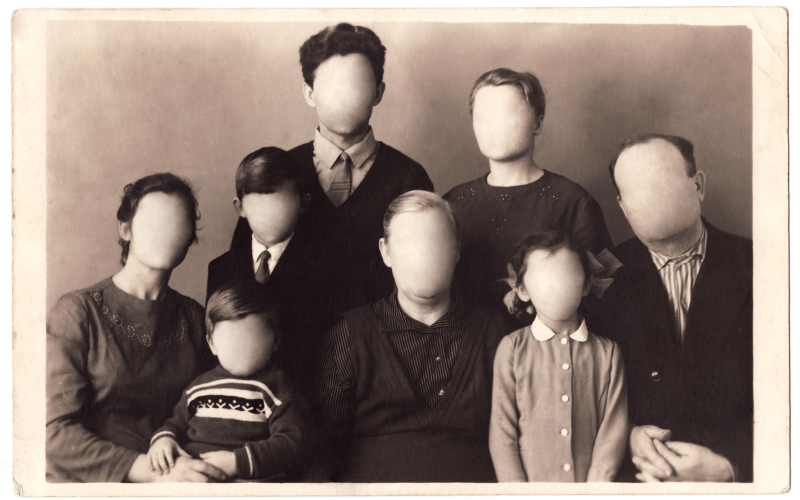2. Prosopagnosia: The World of Faceless Friends and Family

Faces are pivotal in human interactions. They serve not just as mere physical identifiers but also as windows to emotions, moods, and intentions. But what if every face turned unfamiliar? What if every glance in the mirror greeted you with a stranger’s gaze? This is the enigma of prosopagnosia.
Often termed “face blindness,” prosopagnosia affects an individual’s ability to recognize and remember faces. It’s a jarring experience, to say the least. A mother might find it challenging to distinguish her child in a crowd.
A lifelong friend might appear as a stranger. Yet, interestingly, other visual objects are typically recognized with ease. It’s only faces that get lost in this cognitive maze.
The human brain is remarkably specialized. Specific regions cater to particular functions. In the case of face recognition, the fusiform face area (FFA) in the brain plays a crucial role. Damage or abnormalities in this region, either due to injury, stroke, or developmental issues, can result in prosopagnosia. (2)